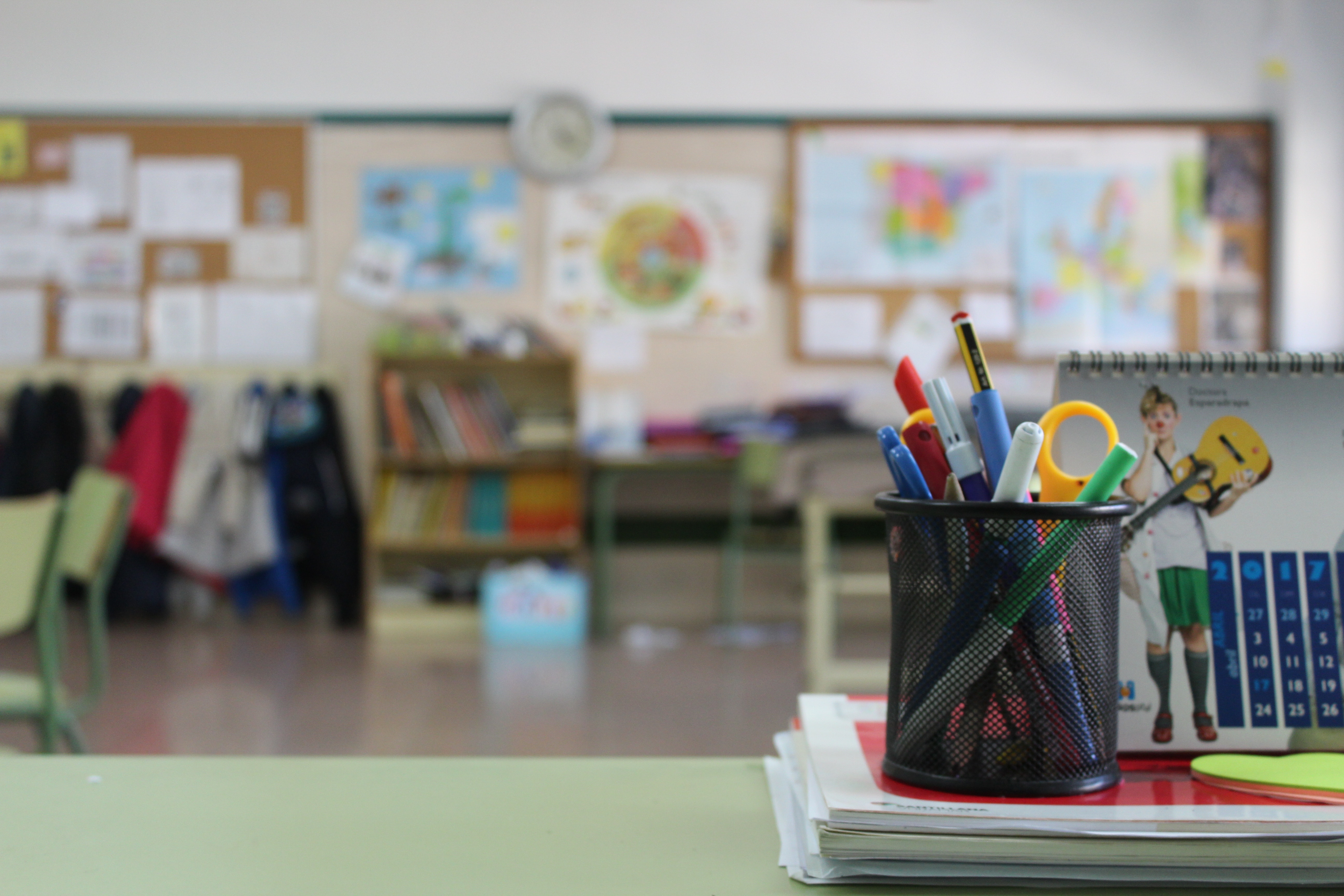What Do Your Peers Really Think About You as a Teacher (And Tips to Succeed)
Chances are that you didn’t go into teaching to be just another educator. Instead, you want to exceed and excel while you educate! That means getting noticed by your peers in a positive way. However, many teachers (especially early in their careers) don’t know how to do this. Don’t worry, though: we used our planning period to come up with the best things you can do in school to get noticed by your peers.

Speak Up (solve a problem)
Our first tip is nice and simple; all you have to do is open your mouth!At many meetings and faculty meetings, many teachers rarely speak up. They either do not want to be noticed or are hoping the meeting will end quickly. However, speaking up is the quickest way to get noticed. And this gives you a great opportunity to voice critical criticisms and offer dynamic new ideas.
If you speak up often enough, you'll get a reputation for being honest and solving problems. And that's a great peer reputation to have.
Volunteer (help your peers)
Do you want to know the three words that every manager and teacher hates to hear? "Not my job." Many teachers focus on their exact job description and not on their overall environment. For example, someone may refuse to help out another teacher because shared responsibilities are not part of the duties they were hired for.
However, your fellow teachers are like your students: even when they do not remember everything you've done, they remember how you made them feel. A simple willingness to lend a hand or take on an extra duty will ensure your peers remember you fondly every year.
Sponsor Clubs (get involved)
No matter how great the teachers and how great the school, a student can not learn everything they need to know within a classroom. That's where extracurricular activities come in.
Sponsoring and a club is an amazing opportunity in your educational career. First, you will get more small group interaction with students, which allows you to know them that much better. Second, your administrators will notice your willingness to go "above and beyond" in terms of responsibilities.
Finally, your club members are basically ambassadors for you and the school. When these students tell people how great a mentor you are to them, your reputation among your peers will go much higher.
Feature Student Accomplishments (in assembly)
Sometimes, the best way to get the attention of your peers is also the best way to get the attention of your students. That's why our next suggestion is to feature student achievements whenever possible.
That means going beyond simply assigning students a grade and some feedback. Instead, take examples of great work (whether they are essays, tests, artwork, or anything in-between) and feature it on your walls and around your room.
Your students will be energized and enthusiastic when they see you showing off their accomplishments. And your own peers will be able to assess what a great teacher you are by looking around the room!
Get Interdisciplinary (Cross Curriculum Week)
As teachers, we hear many buzzwords about education. However, one concept that is more than a buzzword is interdisciplinary education. Such education is a powerful teaching tool, and many theorists think it might be the most powerful tool in your educational toolbox!
Fortunately, you can start small. If you teach writing, you can coordinate lessons with a history teacher in which your students write about a historical figure they are currently learning about in the other class.
You will be surprised at how much this approach engages your students. And your peers will see that you are willing to work with them to help their own students succeed.
Professional Development
For some teachers, "professional development" is a dreaded phrase. These are the teachers who get annoyed at any disruption to the routine of their regular working day. However, to really get noticed by your peers, you need to lean into professional development. And that means embracing as many of these opportunities as you can.
For example, you should try to go to educational conferences whenever you can. This is a fun and easy way to build your professional network of contacts while also bringing back new ideas for your own school to use. Do not forget to use LinkedIn to connect with other peers online.
With these new ideas, you can become a leader in your school and help take your curriculum in exciting and innovative new directions. Before you know it, your peers will be turning to you for advice, further consolidating your reputation for leadership and creative problem-solving.
Conclusion
Just as no learning method works for every student, none of these tips fit every single teacher. But through a combination of these best practices, you will be able to improve how teachers think about you while improving the engagement, excitement, and education of your students.

Teacher Wellbeing - Tips for Thriving, Not Just Surviving
As I write this blog post, we are nearing the end of a hectic term where time seems to have disappeared somewhere. Both myself and about half of my...

7 Classic Stories to Read as Poems
Smart Frog Education has introduced some fantastic resources recently; seven classic poetry stories rewritten with adorable colorful drawings. My...
